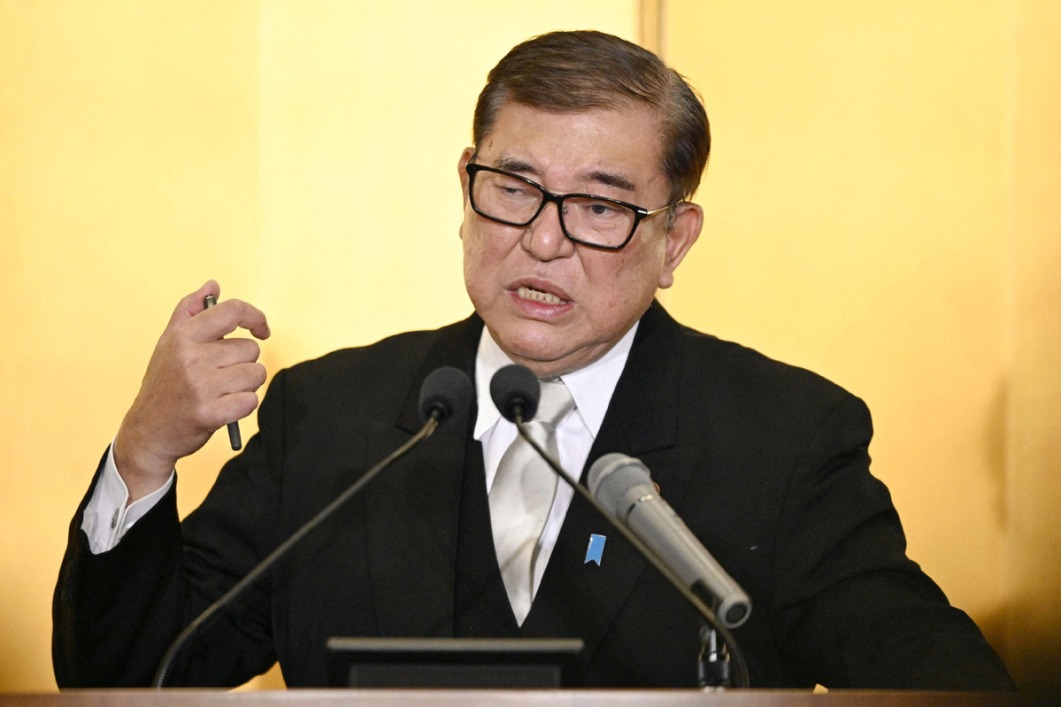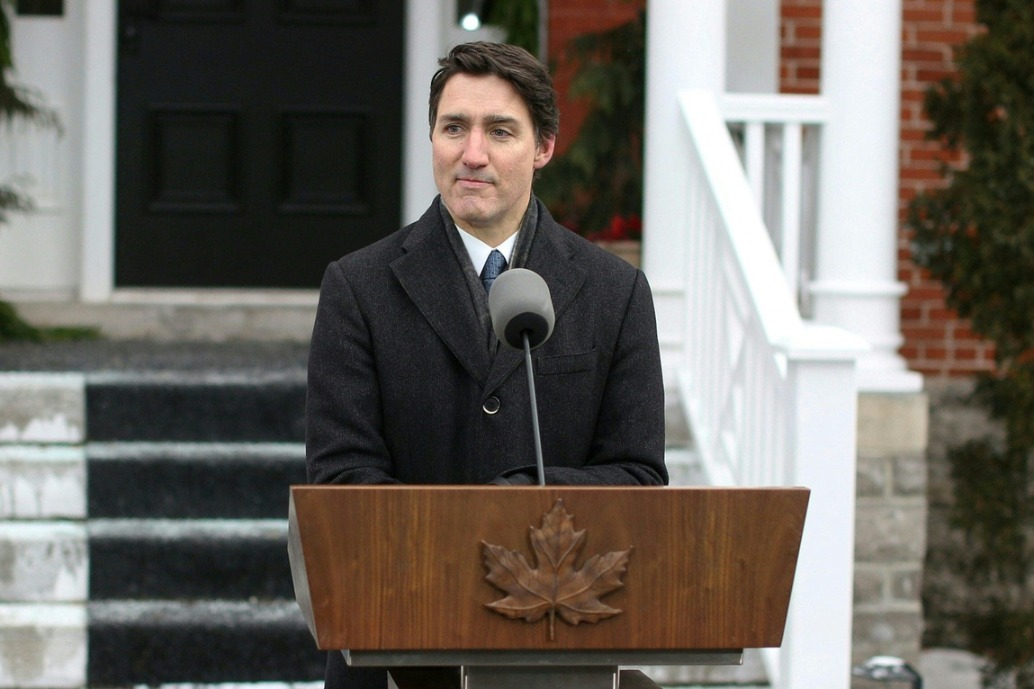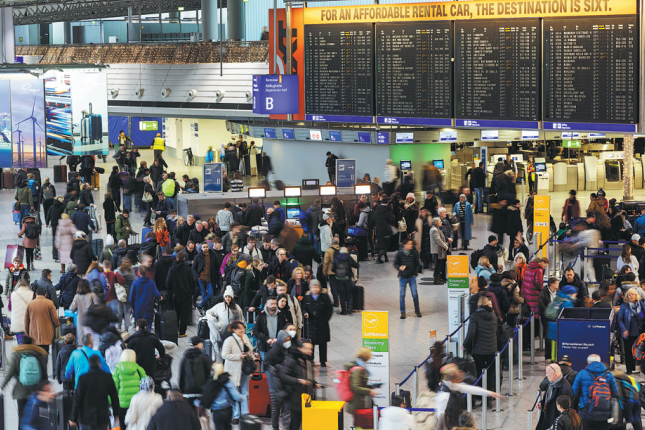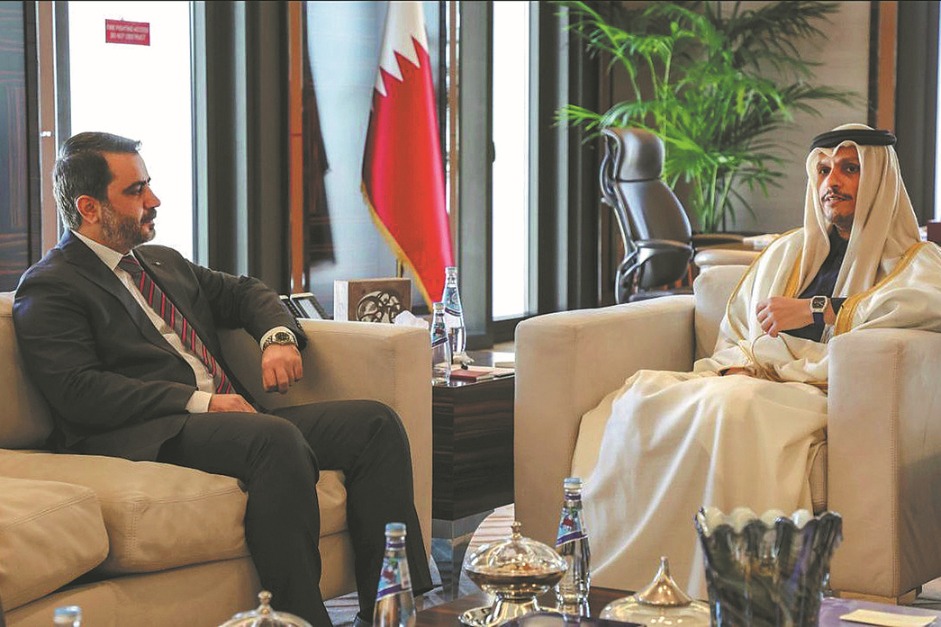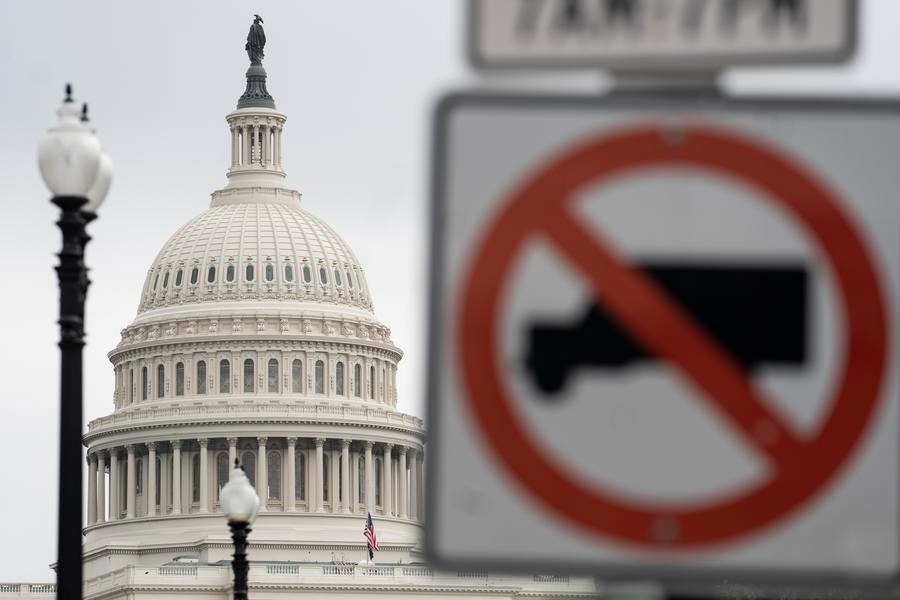Trump to sign tariffs with 'carve-outs'

US President Donald Trump will sign orders by the end of the week to impose tariffs on steel and aluminum imports, White House Press Secretary Sarah Sanders said on Wednesday.
But she indicated that there are potential "carve-outs" for Mexico, Canada and possibly others based on national security. "That will be (on a) case-by-case and country-by-country basis, but it will be determined whether there is or not a national security exemption," Sanders told the daily briefing.
Trump announced on March 1 that he would sign measures this week to impose a 25 percent tariff on steel imports and 10 percent on aluminum imports, based on a Section 232 investigation from the US Trade Expansion Act of 1962, which found that foreign imports pose a national security threat to the US.
The announcement, applauded by US steel and aluminum producers, has triggered widespread concerns and protests from foreign governments, US lawmakers and the business community that will be negatively affected by such tariffs.
White House National Economic Council Director Gary Cohn, an advocate for free trade, announced his resignation on Tuesday after losing his struggle to convince Trump not to go down the tariff path.
Douglas Paal, director of the Asia program at the Carnegie Endowment for International Peace, described Cohn's departure as a loss for the US.
"I think China may also suffer," he said on Wednesday in a talk at the Brookings Institution.
The New York Times quoted people close to the White House as saying that Trump is expected to sign the tariff measures at noon on Thursday but said that timing could change.
The tariffs would not go into effect immediately, with a two-week implementation period required under the statute that gives the president authority to impose the measures. That could give countries or companies a chance to submit input and try to sway the administration's actions, according to the people familiar with the deliberations, the Times report said.
The European Union on Wednesday announced a provisional list of US items, ranging from US steel and T-shirts to chewing tobacco and orange juice that it will retaliate against over Trump's tariffs on EU steel and aluminum.
Cecilian Malmstrom, the EU trade commissioner, told a press conference in Brussels that such a move by the US would "put thousands of European jobs in jeopardy, and it has to be met by a firm and proportionate response".
Rick Larsen, a US congressman from Washington state and co-chair of the House US-China Working Group, described Trump's tariff announcement as something not thought through well.
"People are more concerned about a trade war with China, and didn't see a trade war with the EU coming," he said at the Brookings talk.
Trump tweeted on Wednesday that that US is acting swiftly on intellectual property theft. "We cannot allow this to happen as it has for many years!" he wrote.
Bloomberg.com, quoting people familiar with the matter, reported on Tuesday that the Trump administration is considering clamping down on Chinese investments in the US and imposing tariffs on a broad range of its imports to punish Beijing for its alleged theft of intellectual property.
Trump also tweeted on Wednesday that China has been asked to develop a plan for the year of a $1 billion reduction in their trade deficit with the US.
"Our relationship with China has been a very good one, and we look forward to seeing what ideas they come back with. We must act soon!" he tweeted.
It's unclear if that means a softening of potential US measures on China.
















